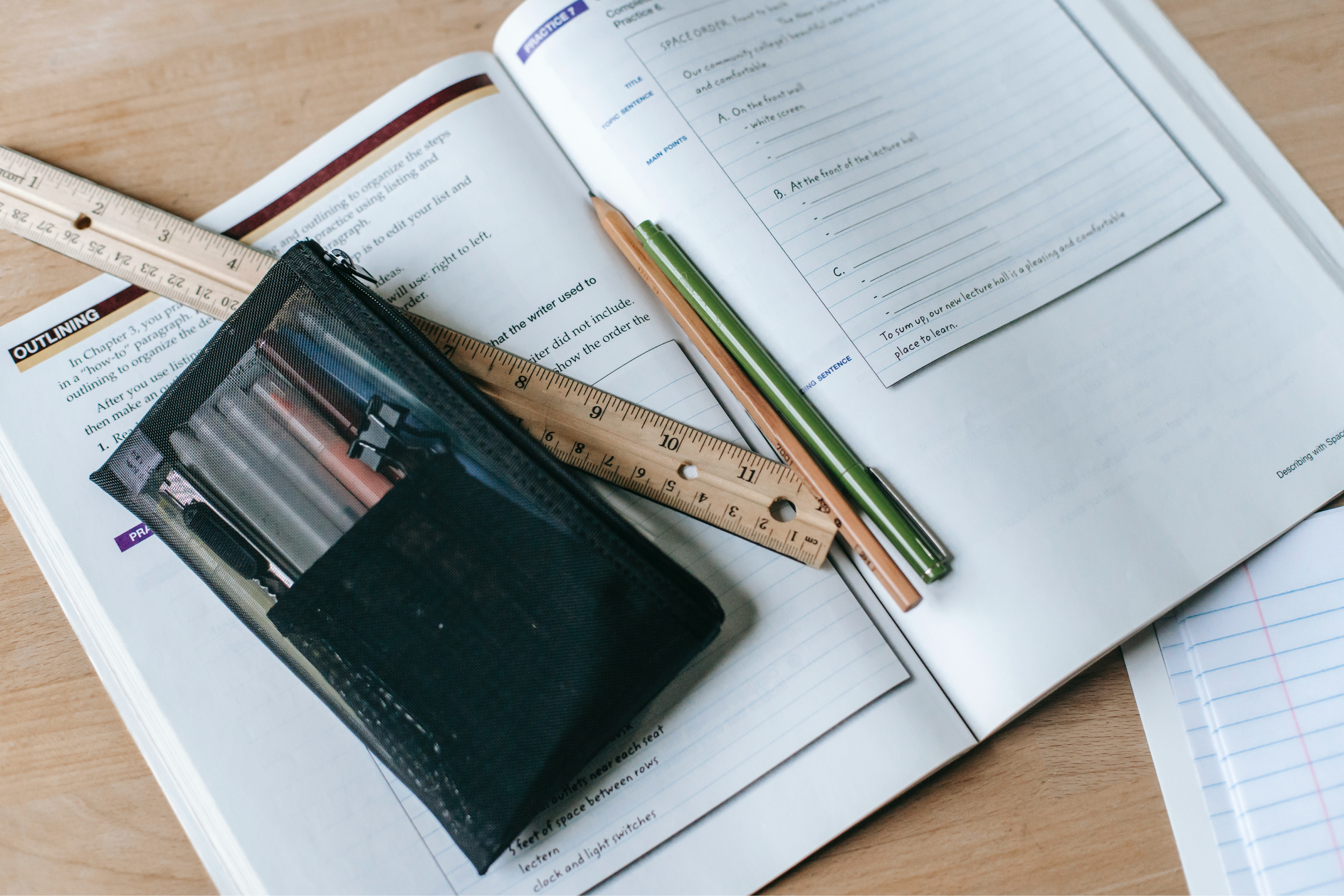Our children are eager to finish their school year. Along with this enthusiasm, many become antsy and their attention span dwindles yielding it difficult for them to complete their school work. Those who have struggled throughout the year also find themselves having to draw on new strengths to finish off their year successfully. And there are those who have already invested everything they had, but the challenge of accrued assignments, exams, and final projects have led to feelings of having exhausted their perseverance threshold.
After a turbulent school year, filled with highs and lows from the pandemic, frequent schedule changes and distance learning, our children are tired and are looking forward to a much needed break.
Fatigue, anxiety and stress are factors that inhibit the ability to learn, grow, concentrate and apply knowledge. To help our children succeed their school year, we need to first recognize the reality of their daily lives. This school year has been particularly unusual, and for many, they have had take on a greater responsibility for their learning on their own, with a parent or with a caregiver. The end of the school year is naturally a moment that is anxiety provoking as it is often synonymous of a period of exams, and the mounting pressure to complete one’s dues to be able to transition to the next grade. These feelings are even more pronounced for students with learning disabilities who have had to push themselves to get this far.
By better recognizing their journey, we become better equipped to support the needs of our children by enlisting strategies that are aimed at facilitating and supporting their learning.
Attention: Can we improve it?
Did you know that attention is what is behind encoding a new memory? Several types of attention exist including attention to detail and sustained attention. Attention can also be influenced by the mode of reception: some people are described as “visual” and others as “auditory”.
To help your child, start by identifying their strengths:
– Does your child remember stories, details and words they hear?
– Does your child remember pictures, locations and details seen?
– Does your child remember information learned during a specific time of day? For example, morning events compared to evening events?
And from there, we practice:
– For the auditory child, encourage them to listen to their lesson: they can read the content out loud, or ask for support to listen for more details related to their lesson.
– For the visual child, encourage them to visualize the content: organize lessons by color, create charts, encourage visualization of content.
Organization: where to start?
Your child has many tasks, assignments, projects and exams; where do you start and how?
There are many approaches to organizing your child’s work. Throughout all the different approaches, below are similarities:
– The need to create a comprehensive list of deadlines;
– The need to identify the details of each assignment, e.g. what topics are included, what do I already know, what do I need to review, what do I need to research?
– The need to concretize the steps and tasks to be accomplished for each assignment.
Planning: When do we do it all?
Planning can be a challenge in of itself because it is the phase during which we put into action the steps to be accomplished as they relate to the organization plan, and applying the required level of attention needed to complete the specific task.
Should we start with the task that is due first? The longest task? The most difficult?
Sorting out what to do and when to accomplish these can be daunting, and it is often what leads to procrastination.
The benefit of having set tasks identified in the organization phase is that it allows to plan the when and how to accomplish it. For example, it is the end of the day and your child is tired after a long day. His or her concentration is not at the optimal level to complete a task that requires a lot of attention. Your child is encouraged to look at the list created and select a task that can be completed in the time available for that evening which also meets their level of concentration and energy. This way, your child could select a light research task, which could be one of the many steps needed to complete a larger assignment.
Change the routine! Vary your approach! And take some time for yourself!
Don’t forget that even during this busy period, your needs and your well-being also need to be prioritized. It is important to take time for yourself, time for respite and time to engage in meaningful activities, even if it is only for a few minutes. To achieve this, consider changing the routine and varying how activities are performed by trying something new, for example, by doing reading outdoors for a change.



Leave A Comment